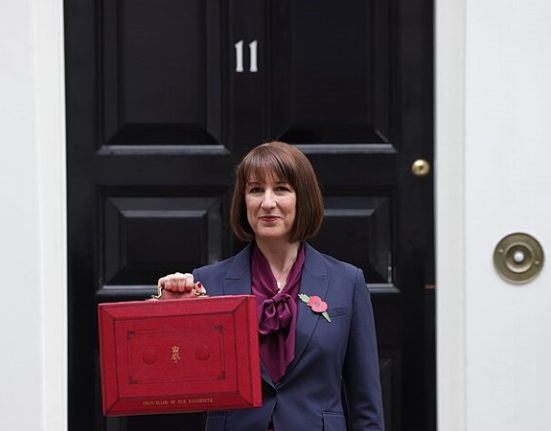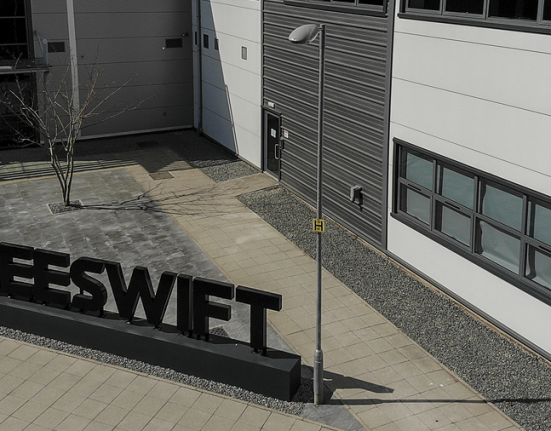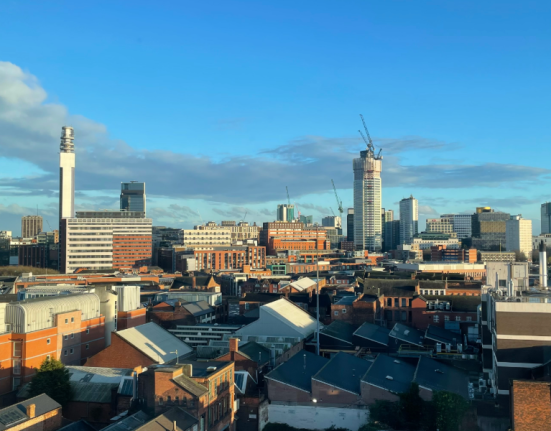Rising costs outpace wages across region
Households in the West Midlands are under increasing financial pressure as the UK records its fastest fall in disposable income since early 2023, according to the latest figures from the Office for National Statistics (ONS).
Despite a stronger-than-expected GDP growth of 0.7% in the first quarter of 2025, real household disposable income – the money people have left after tax and inflation – fell by 1%. The ONS confirmed this was the sharpest decline in over two years and signals a worrying economic trend for regions already facing economic inequality.
Cost of living crisis deepens
In the West Midlands, where average wages remain lower than in the South East and London, residents are feeling the impact more acutely. Rising costs for essentials like fuel, rent, and food are rapidly outpacing income growth.
The household saving ratio declined from 12% to 10.9% in Q1, suggesting that families are increasingly dipping into their savings to make ends meet. With living costs soaring, particularly in cities like Birmingham, Wolverhampton, and Coventry, many West Midlands residents are struggling to maintain financial stability.
Regional outlook remains uncertain
Prime Minister Sir Keir Starmer has previously stated that improving household disposable income is a “milestone” for judging his government’s economic performance. However, the latest figures present a challenge to this ambition.
While some experts argue that a lower savings rate could help cushion the economy by maintaining consumer spending, this is a risky long-term strategy. In a region like the West Midlands, which has a higher proportion of low-income households, eroded savings may lead to greater financial vulnerability and reduced resilience in the face of future shocks.
Mixed signals from borrowing and housing
The Bank of England’s latest figures show that consumer credit borrowing dropped significantly in May to £859 million – less than half the previous month’s total. This suggests that households are either unable or unwilling to take on additional debt, possibly due to concerns about future income.
On a slightly more positive note, mortgage approvals rose to 63,000 in May, the first increase since December 2024. But experts say this uptick is unlikely to offset broader economic weakness in the coming months.
What this means for the West Midlands
For residents in the West Midlands, the combination of falling disposable income, lower savings, and shrinking credit appetite points to growing economic strain. Many local authorities and support organisations are already reporting rising demand for help with food, rent, and energy bills.
As the national economy shows signs of losing momentum, the government faces growing pressure to introduce targeted support to regions most at risk. Without action, communities across the West Midlands could face a difficult second half of 2025.







